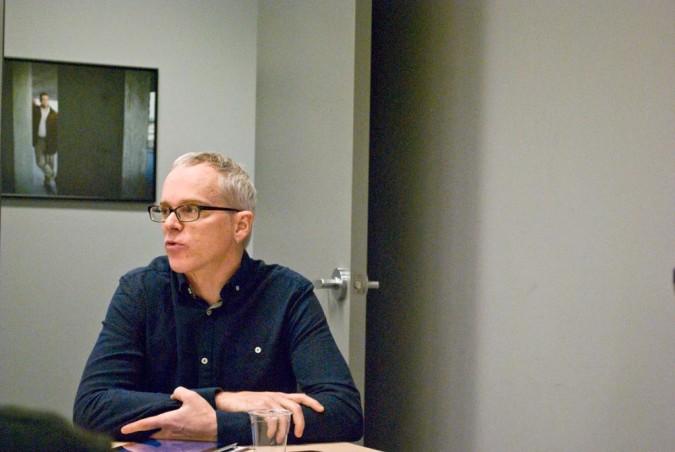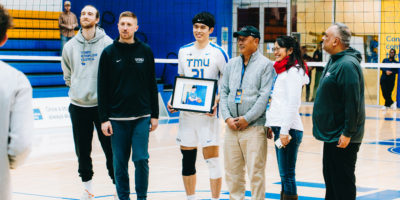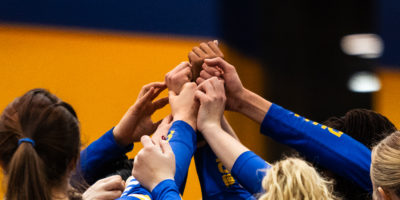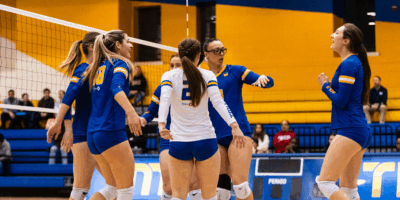By Mohamed Omar
Brian Cameron wants to make sure Ryerson’s professors get their research published in reputable journals – without selling their souls in the process.
Cameron, a digital initiatives librarian at Ryerson, gave a lecture Friday for faculty members who have had or want to get their work published in academic journals. The presentation, titled Know Your Rights: Publishing and Academic Freedom in a Digital World, highlighted the consequences of publishing with big names like Elsevier and SAGE, which usually require a transfer of copyright.
Cameron said researchers are lured into publishing with these companies because of their prestige, or “impact factor.”
“I find that in conversation with faculty members, they often don’t understand a copyright transfer agreement,” he said. “When it comes time to submit an article to a journal, most faculty members will sign the copyright transfer agreement without having read it.”
He added that many faculty members think of copyright as merely “the right to copy,” but insisted there are “lots of rights” lost when a professor signs the dotted line. Elsevier’s copyright agreement not only includes the right to distribute, republish, and translate a professor’s work, but also the right to use the work with different technologies and formats such as videos and presentations.
SAGE’s agreement is “a bit scarier,” Cameron said. They reserve all the rights that Elsevier includes, but can also sell part of a professor’s article – such as a diagram or table – to third parties without paying a single cent to the author.
“It essentially leaves you with nothing,” Cameron said. Cameron’s alternative for professors is to publish in open access repositories such as Ryerson’s own Digital Commons.
Now in its fourth year, the Digital Commons is home to around 680 theses and over 1,200 documents, many of which are major research papers. The institutional repository allows professors to store, protect and distribute their work, without having to give up copyright. It also saves the library from the high prices of the publishers.
Vadim Geurkov, associate professor in the electrical engineering department, said that his work is safer with the Digital Commons.
“It’s very convenient that it’s here. If I have any ideas, I can actually put them in the repository and it becomes copyrighted,” he said. “Now, I have rights.”












Leave a Reply